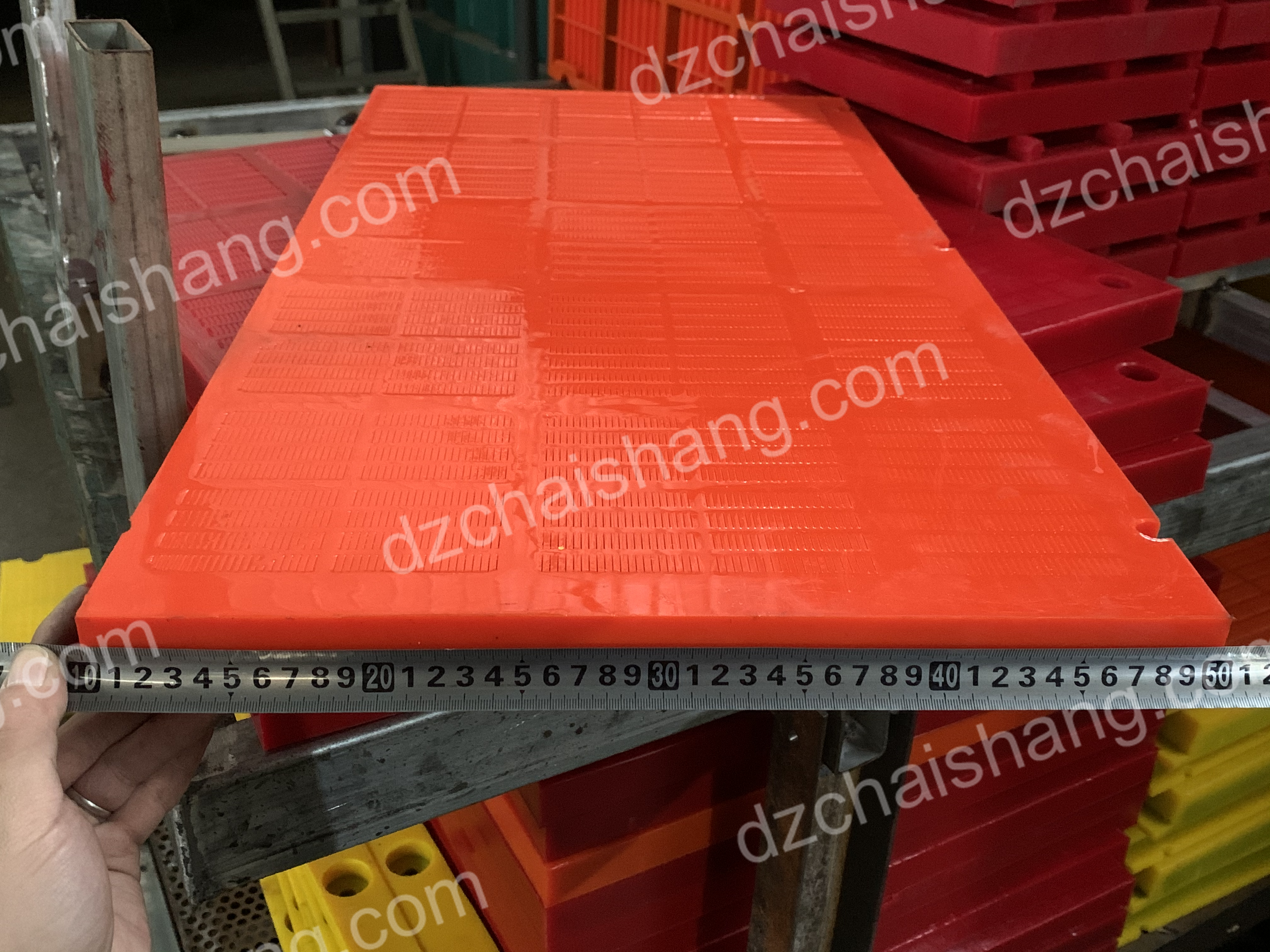- 24
- Jan
How to test the quality of PU screen mesh ?
Introduction
Introduction: Testing the quality of PU screen mesh is essential to ensure its durability, performance, and suitability for specific applications. By conducting various tests, one can evaluate factors such as tensile strength, abrasion resistance, mesh size accuracy, and overall material quality. This article will outline some key methods to effectively test the quality of PU screen mesh.
Importance of Testing PU Screen Mesh Quality
Polyurethane (PU) screen mesh is widely used in various industries, including mining, construction, and agriculture. Its durability, flexibility, and resistance to abrasion make it an ideal material for screening and filtering applications. However, ensuring the quality of PU screen mesh is crucial to its performance and longevity. In this article, we will discuss the importance of testing PU screen mesh quality and provide some insights into how to effectively test it.
Testing the quality of PU screen mesh is essential because it directly affects its performance and durability. A high-quality PU screen mesh will have excellent tensile strength, tear resistance, and abrasion resistance. It will be able to withstand the harsh conditions of screening and filtering operations without premature failure. On the other hand, a low-quality PU screen mesh may break, tear, or wear out quickly, leading to frequent replacements and increased downtime.
One of the most common tests for PU screen mesh quality is the tensile strength test. This test measures the maximum amount of force that the mesh can withstand before breaking. It is conducted by applying a gradually increasing force to a sample of the mesh until it breaks. The results of this test provide valuable information about the mesh’s strength and its ability to withstand the stress of screening and filtering operations.
Another important test for PU screen mesh quality is the tear resistance test. This test evaluates the mesh’s ability to resist tearing when subjected to a sharp object or a sudden impact. It is performed by applying a controlled force to a small cut made in the mesh and measuring the force required to propagate the tear. A high tear resistance indicates that the mesh can withstand accidental impacts or sharp objects without significant damage.
Abrasion resistance is another critical property of PU screen mesh that needs to be tested. This property determines how well the mesh can withstand the constant rubbing and scraping against the materials being screened or filtered. The abrasion resistance test involves subjecting the mesh to a rotating drum with abrasive particles and measuring the weight loss or the change in thickness of the mesh after a certain number of rotations. A high abrasion resistance indicates that the mesh will last longer and maintain its screening efficiency over time.

In addition to these mechanical tests, it is also important to evaluate the chemical resistance of PU screen mesh. This is particularly crucial in industries where the mesh comes into contact with corrosive substances or chemicals. Chemical resistance tests involve exposing the mesh to various chemicals and observing any changes in its physical properties, such as color, hardness, or flexibility. A high chemical resistance ensures that the mesh will not degrade or deteriorate when exposed to harsh chemicals, prolonging its lifespan.
To effectively test the quality of PU screen mesh, it is recommended to follow standardized testing procedures and use specialized equipment. These procedures ensure accurate and reliable results, allowing manufacturers and users to make informed decisions about the mesh’s suitability for their specific applications. Additionally, regular testing and quality control measures should be implemented to monitor the consistency and performance of the mesh over time.
In conclusion, testing the quality of PU screen mesh is of utmost importance to ensure its performance, durability, and longevity. Tensile strength, tear resistance, abrasion resistance, and chemical resistance are some of the key properties that need to be evaluated. By conducting these tests using standardized procedures and specialized equipment, manufacturers and users can make informed decisions and select the most suitable PU screen mesh for their applications.
